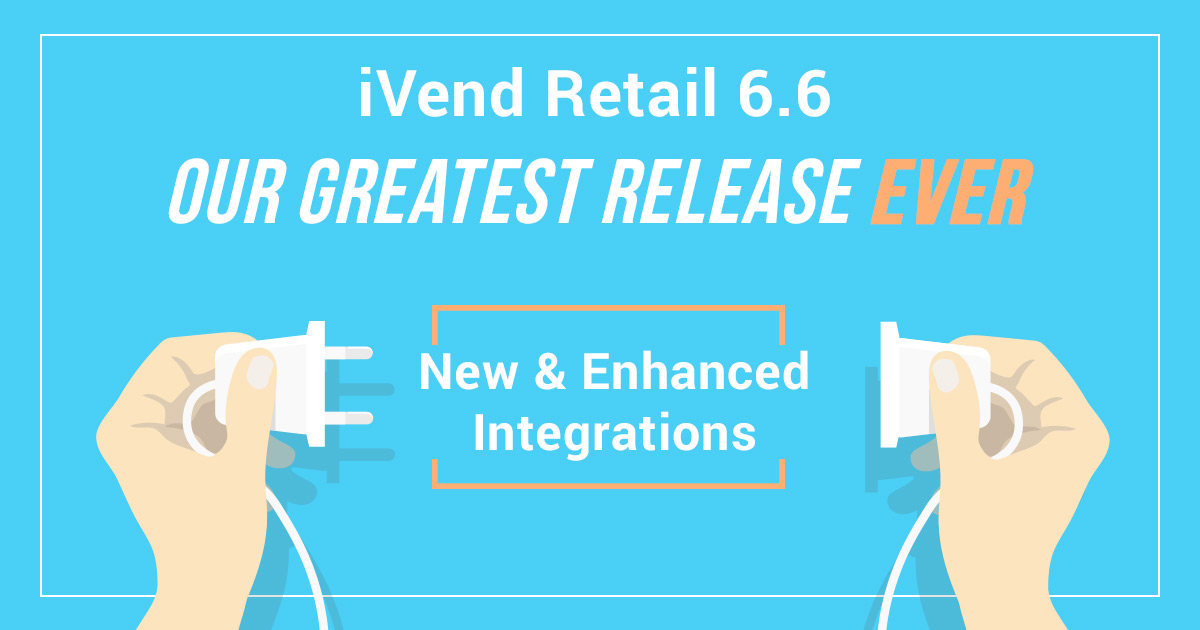
Amid economic upset resulting from the COVID-19 pandemic, the U.S. has passed a $2 trillion economic stimulus package meant to bring relief to individuals and businesses, The New York Times reports.
The $2 trillion aid package was signed into law on March 27. The package is the largest economic aid relief in U.S. history and, among other provisions, allocates $100 billion to hospitals to better combat the pandemic.
What the CARES Act Means for Your Home Improvement Operation
Legal firm Taft has outlined what the Coronavirus Aid, Relief and Economic Security (CARES) Act means for small businesses. To read the article in full, visit Taft online now.
Financial aid is coming to individuals.
“Recovery checks will be issued in amounts up to $1,200 for individuals, $2,400 for married couples and $500/child (phasing out after income threshold of $75,000 for single filers and $150,000 for joint filers, with a complete phased-out for single filers with incomes exceeding $99,000 and $198,000 for joint filers),” Taft summarizes.
Unemployment benefits are being extended.
According to the article, “Unemployment compensation benefits in an amount equal to $600 per week, in addition to any existing state benefits, for up to four months. The CARES Act provides an additional 13 weeks of unemployment benefits through December 31, 2020 for those who remain unemployed after state unemployment benefits are no longer available.”
The CARE Act funds disaster loans from the SBA.
“The CARES Act will provide $562 million to cover administrative expenses and program subsidies for the U.S. Small Business Administration (SBA) Economic Injury Disaster Loans and small business programs. Additionally, the CARES Act authorizes $349 billion for the SBA 7(a) program through December 31, 2020,” according to Taft’s article.
Small businesses can seek payroll relief.
“Small businesses can receive a loan for up to $10 million to retain workers and maintain payroll. The loans are fully guaranteed by the federal government through December 31, 2020 and will be forgiven for the amount spent on payroll costs for the eight weeks following their origination,” Taft states.
These are just some of the components of the CARES Act. For more information, read Taft’s article in full.

